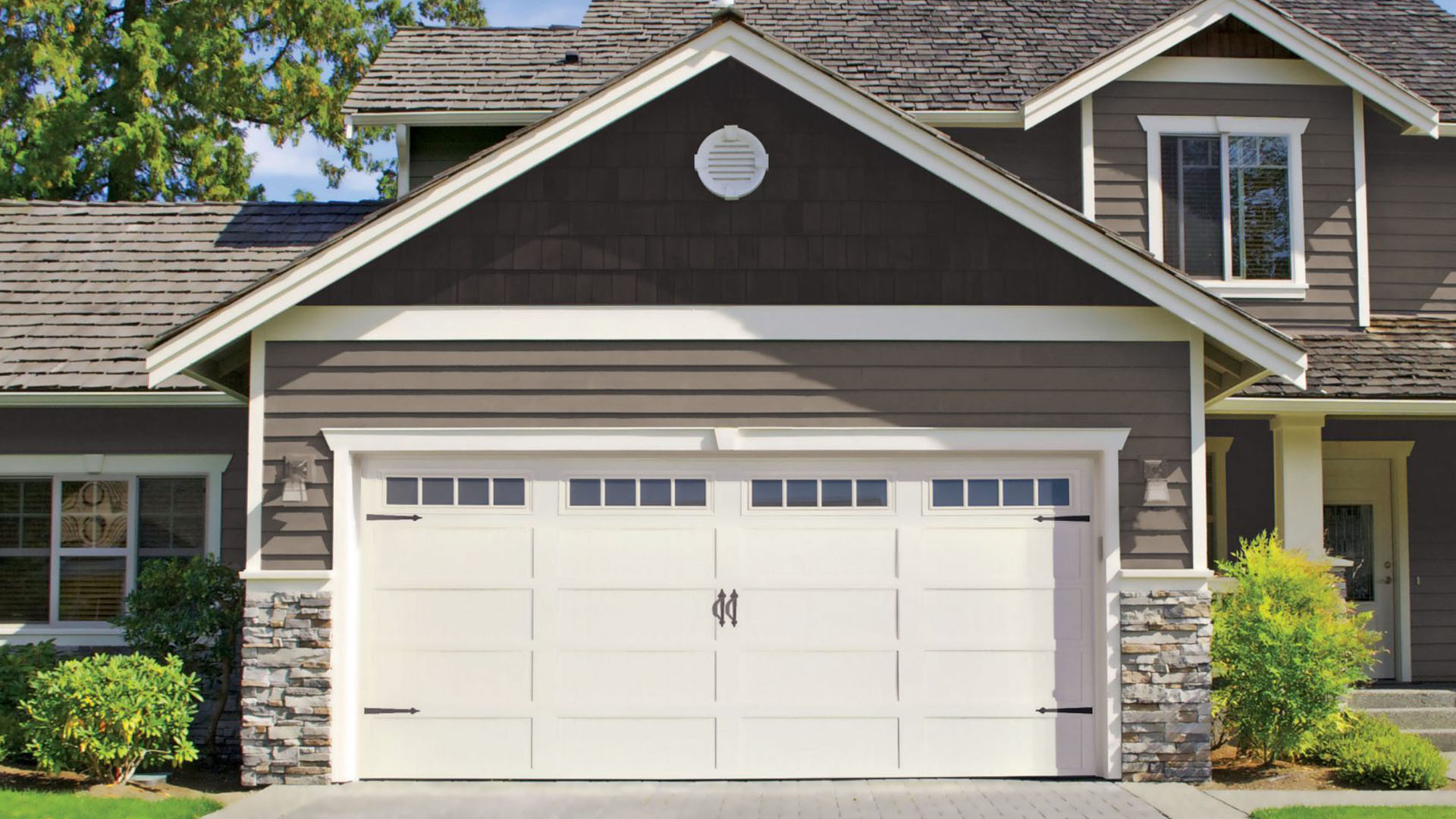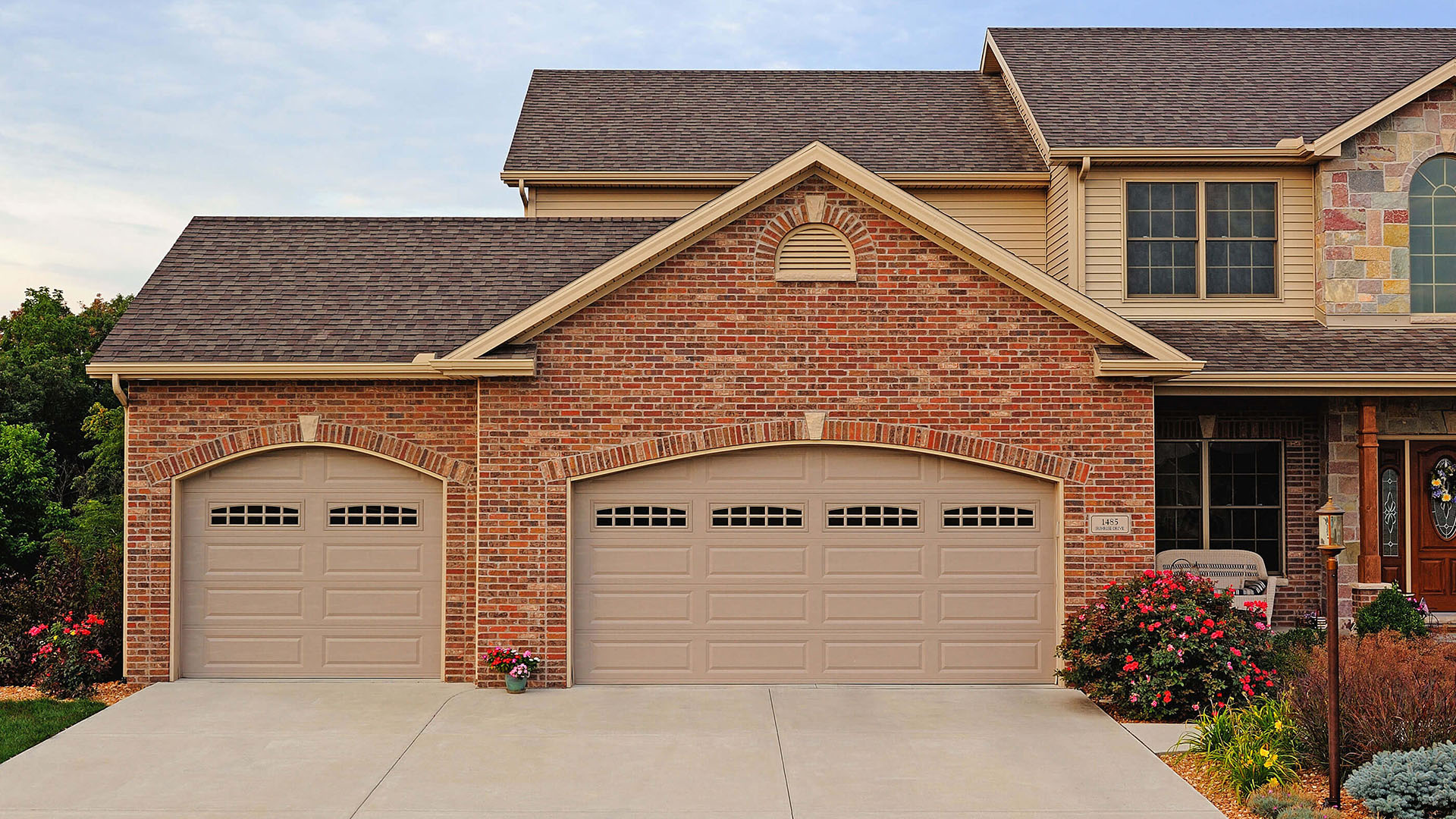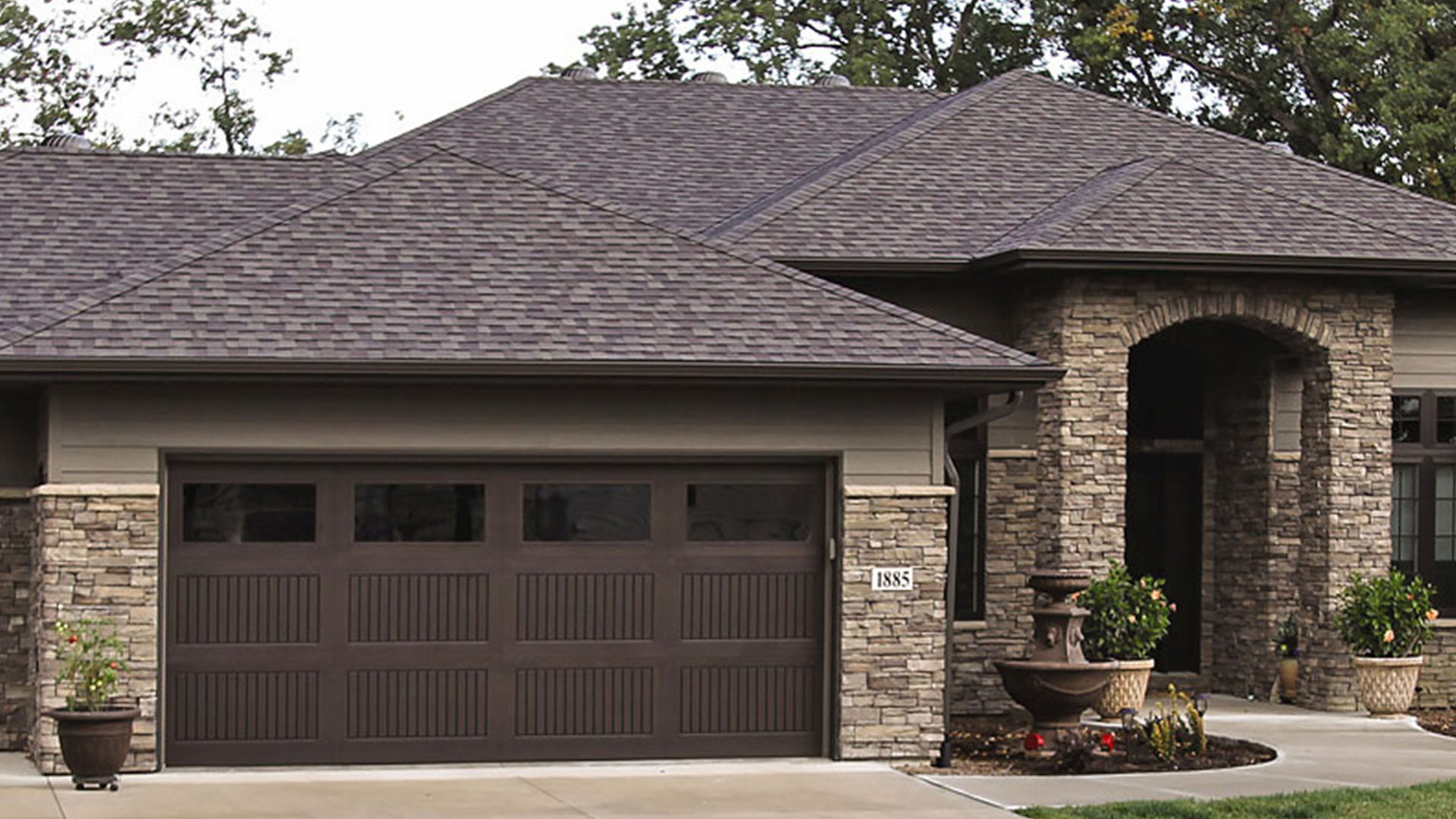Introduction
In today’s fast-paced world, maintaining and upgrading our homes often takes precedence. One of the most significant investments you can make for your property is a garage door replacement. Not only does it enhance curb appeal, but it also increases security and energy efficiency. But how much should you expect to pay for this crucial home improvement? In this article, we’ll dive deep into the various costs associated with replacing your garage door, breaking down each component so that you can make an informed decision.
Understanding Garage Door Replacement
What Is Garage Door Replacement?
Garage door replacement involves removing an existing garage door and installing a new one. This process may include new tracks, springs, cables, and even a new opener if necessary. Homeowners might consider replacing their garage doors for various reasons, including aesthetic updates, functionality improvements, or increased security measures.

Why Replace Your Garage Door?
A garage door serves as a primary entry point into your garage doors Agoura Hills CA home for many people. Over time, wear and tear can lead to malfunctions or safety hazards. A new garage door not only improves safety but also enhances the overall look of your home.

Factors Influencing Garage Door Replacement Costs
1. Type of Garage Door
Different types of garage doors come at varying price points. Common styles include:
- Single Panel Doors: Generally less expensive but may not offer modern aesthetics. Sectional Doors: Popular for residential areas; they provide good insulation and durability. Roll-Up Doors: Ideal for tight spaces; these are more costly due to their complexity. Wood vs. Steel vs. Aluminum: Wood doors offer beauty but require more maintenance compared to steel or aluminum doors.
2. Size of the Garage Door
Garage doors come in standard sizes (e.g., 8x7 feet), but custom sizes will significantly increase costs due to additional materials and labor involved in crafting them.
3. Material Choices
The material you choose greatly influences the cost:
- Steel: Durable and low-maintenance but may rust without proper care. Aluminum: Lightweight and resistant to corrosion; however, it's generally pricier than steel. Wood: Offers a classic look but requires regular upkeep.
4. Installation Complexity
Are you opting for a DIY installation or hiring professionals? If you're looking up "garage door replacement near me," hiring experts typically leads to higher costs but guarantees quality installation.
5. Additional Features
Smart technology integration (like Wi-Fi-enabled openers), insulation options (which affect energy efficiency), or decorative elements (like windows) can add to the base price significantly.
Breaking Down the Costs: What to Expect When Replacing Your Garage Door
While costs vary based on several factors mentioned above, a general breakdown includes:
Material Costs- Steel: $700-$3,000 Aluminum: $800-$2,500 Wood: $1,200-$4,000
- Average installation costs range from $200 to $500 depending on local rates.
- Smart Openers: $150-$400 extra Insulation: $50-$300 depending on R-value.
- Some municipalities require permits which could add another $50-$200 depending on local regulations.
Here's a hypothetical table summarizing these average costs:
| Item | Cost Range | |--------------------------|---------------------| | Steel Garage Door | $700 - $3,000 | | Aluminum Garage Door | $800 - $2,500 | | Wooden Garage Door | $1,200 - $4,000 | | Labor | $200 - $500 | | Smart Opener | $150 - $400 | | Insulation | $50 - $300 | | Permits | $50 - $200 |
Choosing the Right Contractor
How to Find Reliable Contractors?
When searching for "garage door replacement near me," it’s essential to vet potential contractors thoroughly:
Check Online Reviews: Websites like Yelp or Angie's List can provide insights into past customers' experiences. Ask for Referrals: Recommendations from friends or family can be invaluable. Verify Credentials: Ensure contractors have insurance and licenses pertinent to your area.Questions to Ask Potential Contractors
When interviewing contractors about your garage door replacement project, ask questions like:
- What brands do you recommend? Can I see examples of your previous work? How long will the installation take?
DIY vs Professional Installation
Pros and Cons of DIY Installation
Pros:
- Cost Savings: You save on labor costs by doing it yourself. Personal Satisfaction: There’s pride in completing home projects yourself.
Cons:
- Lack of Expertise: Mistakes can lead to safety hazards or additional repairs. Time Investment: Doing it yourself often takes longer than hiring professionals.
Benefits of Hiring Professionals
Hiring experts ensures that everything is done correctly from start to finish:

Maintenance Tips Post-Replacement
Once you've invested in a new garage door, maintaining it will prolong its lifespan:
Regular Lubrication: Keep moving parts lubricated to avoid rusting or wear. Inspect Springs & Cables: Regularly check these components for signs of wear or damage. Clean Tracks & Rollers: Ensure dirt doesn’t interfere with operation by cleaning tracks regularly.FAQs
1. How long does a typical garage door last?
Most garage doors have a lifespan ranging from 15 to 30 years depending on usage and maintenance practices.
2. Can I replace my garage door myself?
Yes, if you're handy and knowledgeable about tools; however, professional help is recommended for safety reasons.
3. How much should I budget for installation labor?
Labor costs typically range between $200 and $500 depending on local market rates.
4. Are insulated garage doors worth it?
Absolutely! Insulated doors improve energy efficiency which could lower heating bills if your garage is attached.
5. What should I do if my garage door won’t open?
Check power sources first; if everything seems normal yet the issue persists, it might be best to call a professional technician.
6. Do I need permits for installation?
Some jurisdictions require permits when replacing a garage door; check local regulations before proceeding with installation.
Conclusion
Replacing your garage door is no small undertaking; understanding the associated costs empowers you as a homeowner making such significant decisions about your property’s value and safety features is essential after all! By breaking down all aspects from materials used, contractor choices made—whether opting for DIY efforts—or ongoing maintenance tips shared here today; we hope this guide effectively prepares you for every step along the way!
Invest wisely in your home—because nothing beats having peace of mind knowing that every corner keeps both style intact while ensuring maximum functionality!
This article serves as an extensive guide covering every aspect related to "Breaking Down the Costs: What to Expect When Replacing Your Garage Door." Through careful research and detailed explanations provided throughout each section herein—our objective remains clear—to make sure readers feel confident tackling their next home improvement project!